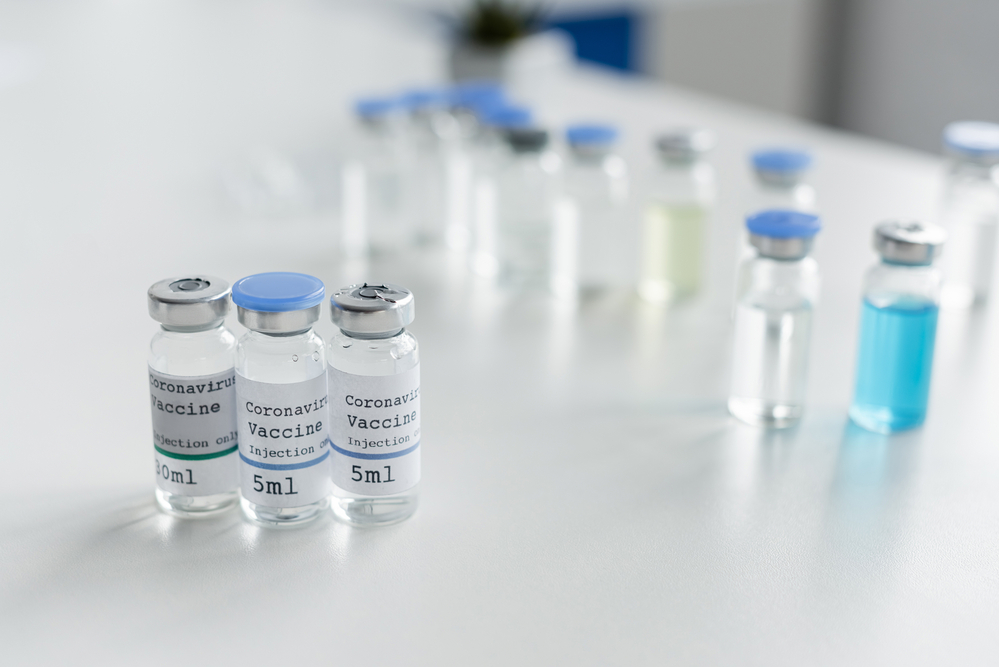With COVID vaccine boosters ready to be rolled out across Australia, a debate has arisen about the ethics of taking a third vaccine shot when nearly half of the world population has yet to receive their first. Tedros Ghebreyesus, President of the World Health Organization, has invoked the principle of health equity in suggesting that booster shots should be restricted until the world’s poorest have access to a vaccine. Daniel Burkett has argued in this very venue that the ethical choice is to boycott the booster – sending a message that we refuse to partake in ill-gotten gains – although A.G Holdier replies that any such attempt might ultimately prove futile. On the other hand, proponents of the shot highlight evidence of its efficacy in reducing infections and symptoms of COVID, and suggest that our moral obligation to get vaccinated might well extend to taking booster shots. In this case, however, we need not choose between self-interest and morality: for those of us in Australia, the two are aligned.
It might be argued that vaccines should be directed, not to the poorest countries, but to those with the highest case fatality rates (CFRs). Research has shown that COVID-19 is more deadly in countries with increased prevalence of obesity, diabetes, cardiovascular issues, and those with older populations: all apt descriptors for Australia. Such a simplistic take, however, would overlook the quality of medical care already available in Australia and our medical system’s strong (albeit still limited) capacity to deal with significant medical emergencies. Furthermore, this analysis relies on questionable data, with severe undertesting for COVID skewing statistics in poorer countries. And as noted by Burkett, any analysis based on CFR would have to consider not only the initial risk of COVID, but the diminishing returns in vaccine effectiveness. Whereas the first dose of a Pfizer vaccine can reduce the likelihood of developing symptoms by around 50%, a second dose adds around 40% more protection and a third only 10-15% when compared to baseline.
So, it is hard to make the case that we need booster shots more than those in the developing world need a first or second dose. A better argument might be that boosters would provide a net benefit to both health and the economy, and, as we can get them, we should take them. This is a kind of medical lifeboat ethics: we have the capacity to save ourselves, and we shouldn’t squander that chance on the naïve hope of saving others. After all, the responsibility of government is to look out for the interests of its citizens. Politically, vaccine boosters are local, immediate and – perhaps most importantly for the current government in the run up to an election – highly marketable to an understandably worried voter base. And whereas bioethicist Nancy Jecker points out that countries like Tanzania, Chad, and Haiti are hovering at a disastrous 1% vaccination rate, this comparison is neither apt nor helpful. The issue there is not so much with vaccine supply (although this may be a contributing factor) as the potent mix of conflict, corruption and political instability preventing acquisition and effective distribution of vaccines. In Australia, we have boosters available (and more on the way), and we have the capacity to administer them. So why shouldn’t we?
A more enlightening comparison would look not at the least vaccinated nations, but those where COVID has taken a significant toll. Countries like India, Brazil, and South Africa, with stable governments, better record-keeping and active – albeit imperfect – vaccination programs. There, the picture is grim. India’s actual COVID death toll could be well over two million (compared to the official figure of less than 500 thousand), while vaccination lags at just over 50% first dose. In South Africa, official figures suggest less than 100 thousand COVID-related deaths. However, excess mortality since the start of 2020 exceeds 250 thousand, with an estimated 95% of these deaths due to the disease. Just over a quarter of the population have received a vaccine dose, and even fewer have received two. In Brazil, somewhere around 600 thousand people have died from COVID, while less than 60% of the population are fully vaccinated (although a more impressive 75% have received at least one dose). Most disturbingly, each of these countries have seen the emergence of new, dangerous variants, with Beta coming out of South Africa, Gamma originating in Brazil, and the now-dominant Delta strain starting in India before taking over the world. This is before mentioning the fast-encroaching specter of the new, ominously named Omicron.
Here is the crucial point. On this issue, we don’t have to choose between morality and self-interest, as suggested by Nicholas Bugeja at The Interpreter. Instead, this is one of those (increasingly rare) cases where morality and self-interest align. The biggest threat to Australia is not a resurgent Delta variant attacking those whose vaccines have diminished in efficacy. The biggest threats are of new variants, incubated in highly mobile, densely packed, and largely unvaccinated populations. Every time COVID-19 is transmitted – wherever in the world that transmission occurs – there is the chance of a potentially dangerous mutation emerging. The best way to deal with this threat is mass vaccination of the unvaccinated, not marginal gains for the already protected.
Nor must we choose between vaccinating the world and protecting our most vulnerable. We can do both. Booster vaccines should be prioritized for those most at risk – the elderly and those with pre-existing conditions – while an increasing share is sent overseas to boost immunity and reduce the threat of new variants. CSL is already contracted to produce about 30 million more doses of the AstraZeneca vaccine, but the government should reconsider its decision to stop production after the current run. We might not be able to vaccinate the whole world, but we can certainly play our part.
It is important to note that this analysis takes a myopic Australian viewpoint and may not apply to much of the world. Here, despite our slow start, vaccination rates are approaching 80% of the total population (and continue to rise), while case numbers remain low. For Holdier, living in Arkansas where vaccine hesitancy (and rampant misinformation) has kept the vaccination rate below 50%, the personal likelihood of catching COVID skews the moral calculus in favor of boosters and away from admirable, but possibly futile, political posturing. There, the risk of catching a current strain may well outweigh the dangers of a new variant.
But in Australia, as borders reopen, international students are welcomed back, and international travel returns, so too does the threat of a new, more virulent, or more deadly strain hitting our shores (the much-hyped Mu variant might have been kept at bay, but Omicron is already here). Hotel quarantine wasn’t enough to keep Delta out last time, although it was a huge help. This time, we will be without our first and most effective line of defense. If we demand people get vaccinated before coming to Australia – and we should – then the onus is on us to make those vaccinations accessible. It’s in our best interest.



